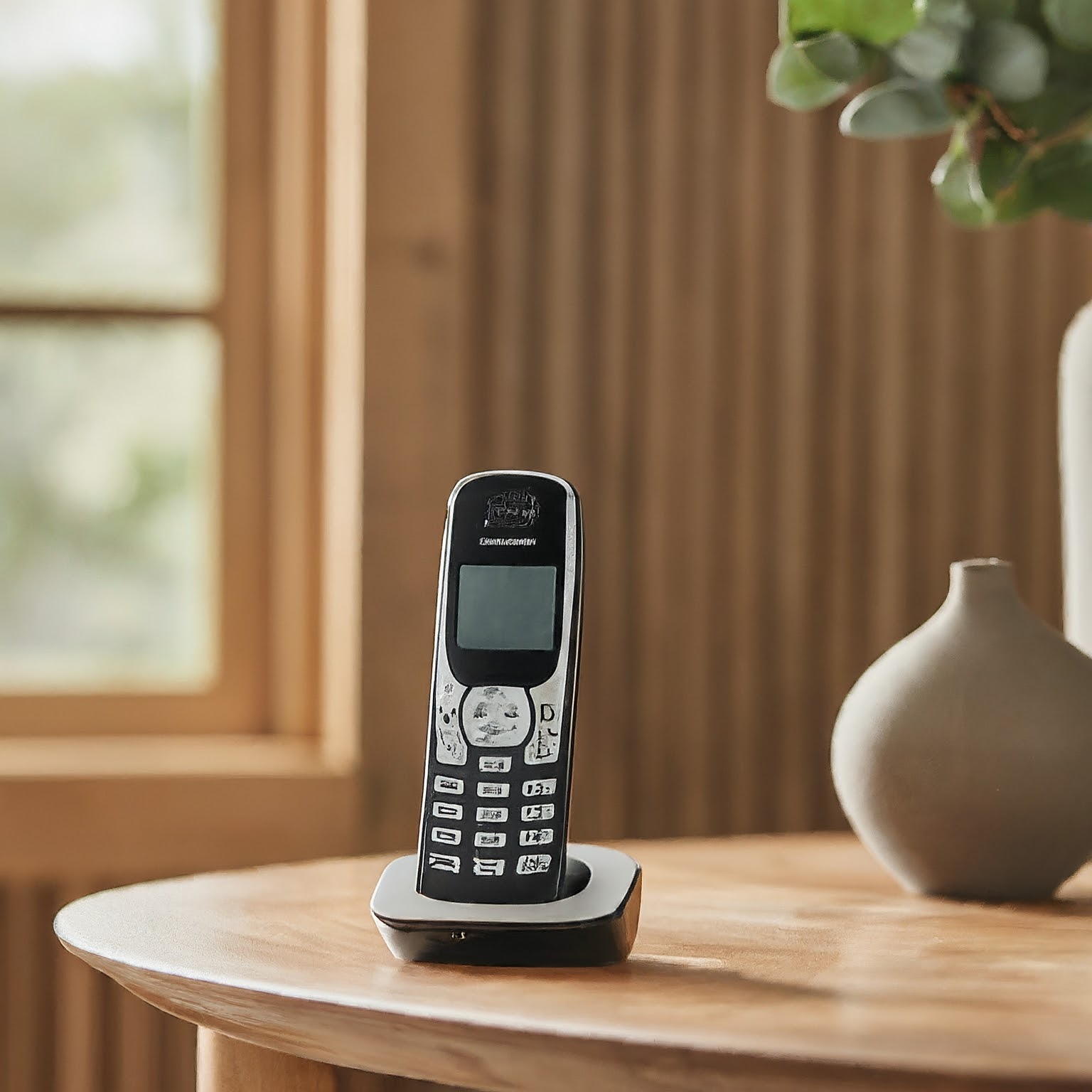In an era dominated by smartphones and wireless communication, the landline phone service might seem like a relic of the past. However, despite the surge in mobile technology, landlines continue to hold their ground, offering unique advantages and serving specific needs.

Understanding Landline Phone Service
A landline phone service is a traditional telephone system that utilizes a physical wired connection to provide voice communication. Unlike mobile phones, landlines are typically connected to a fixed location, such as a home or office.
How Landline Phone Service Works
Landline phone service relies on a complex network of copper wires or fiber optic cables to transmit voice signals. The phone is connected to a physical outlet, which is then linked to a central office operated by a telecommunications provider.
Advantages of Landline Phone Service
- Reliability: Landlines are generally more reliable than cellular networks, especially during power outages or natural disasters.
- Call Quality: Landline calls often offer superior sound quality compared to mobile phones.
- Emergency Services: In many areas, landlines are the primary method for contacting emergency services.
- Affordability: Basic landline plans can be more cost-effective than mobile phone plans, especially for limited usage.
- Additional Features: Landlines often come with features like call waiting, caller ID, and voicemail.
Disadvantages of Landline Phone Service
- Limited Mobility: Landlines are restricted to a specific location, unlike mobile phones.
- Installation and Maintenance: Landline installation can be time-consuming, and there might be ongoing maintenance costs.
- Vulnerability to Physical Damage: Landline services can be disrupted by damage to the physical lines.
- Declining Availability: As more people rely on mobile phones, some areas are experiencing a decline in landline availability.
Types of Landline Phone Service
Several types of landline phone service are available to cater to different needs and preferences:
- Plain Old Telephone Service (POTS): This is the traditional analog landline service that uses copper wires.
- Voice over Internet Protocol (VoIP): VoIP uses an internet connection to transmit voice calls, offering features like call forwarding and voicemail.
- Digital Subscriber Line (DSL): DSL utilizes existing copper telephone lines to provide high-speed internet and phone service simultaneously.
Landline Phone Service in the Modern World
While the popularity of mobile phones has surged, landline phone service continues to play a vital role in many households and businesses. It remains a reliable communication option for those who prioritize call quality, emergency preparedness, or cost-effectiveness.
Furthermore, landlines are often used as a backup communication method in case of mobile network failures. Additionally, some people prefer the simplicity and convenience of a traditional landline phone.

The Future of Landline Phone Service
The future of landline phone service is uncertain. As technology advances and wireless networks become more robust, the demand for landlines may continue to decline. However, there is also a possibility that landlines will evolve to incorporate new features and technologies, such as advanced voice services and integration with smart home systems.
Ultimately, the decision to maintain a landline phone service depends on individual needs and preferences. By carefully considering the advantages and disadvantages, consumers can make informed choices about their communication needs.